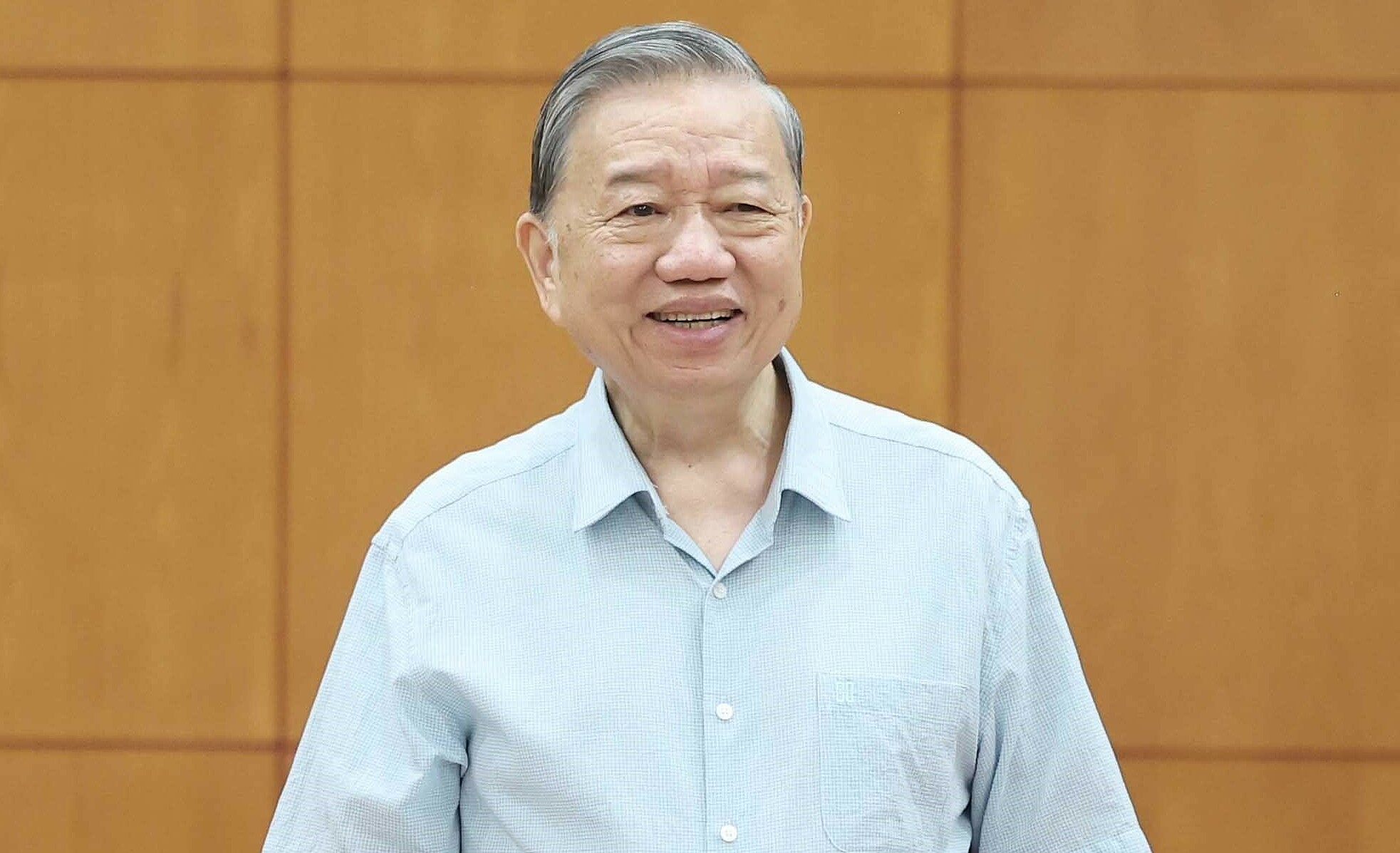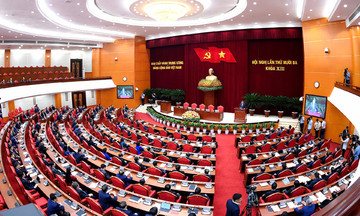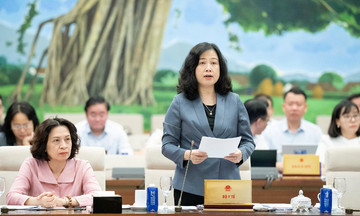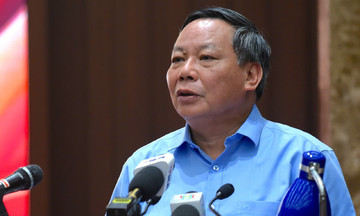On 18/9, the Party General Secretary chaired a meeting with the Standing Board of the Party Committee of the Government regarding amendments to four draft laws: the Land Law, the Planning Law, the Urban and Rural Planning Law, and the Investment Law. He emphasized the close relationship between these drafts, noting their overlapping regulations, which could lead to conflicts if not carefully reviewed.
According to the General Secretary, these are significant and complex issues that demand focused attention and dedication to resolve practical obstacles, paving the way for resource mobilization and transforming legal frameworks into drivers of development.
Regarding the draft amendments to the Land Law, he requested that they be considered within the context of related legal systems, such as taxation, housing, real estate business, planning, geology, and minerals, to ensure a harmonious and synchronized approach, preventing potential conflicts, disputes, and complaints.
The General Secretary assigned the Party Committee of the Government to urgently prepare a report reviewing and proposing solutions to address legal obstacles in the land sector, supporting the law amendment process. He emphasized that this is a crucial law directly impacting the interests of the State, businesses, and citizens. Therefore, its amendment must be considered a central and urgent task, requiring dedicated resources and time for serious and effective implementation.
 |
Party General Secretary To Lam speaking on the morning of 18/9. Photo: TTXVN |
Party General Secretary To Lam speaking on the morning of 18/9. Photo: TTXVN
Concerning the draft amendments to the Investment Law, the General Secretary called for creating a transparent, stable, low-cost business environment that meets international standards and is competitive regionally and globally. Investment and business conditions should shift from pre-approval checks to post-approval checks coupled with enhanced monitoring.
Conditional investment sectors should be limited to national defense, security, public order, social morality, and public health; all others should be drastically reduced. He also highlighted the need to include incentives covering renewable energy, nuclear energy, and new energy sources.
Regarding the draft amendments to the Planning Law, the General Secretary suggested a thorough assessment of the removal and adjustment of certain national sector plans, along with addressing conflicts between plans to avoid prolonged investment projects. Existing plans that are operating effectively and unaffected by the two-tiered government model should be continued to avoid waste. The law must ensure a long-term, comprehensive vision for national and infrastructural development, while addressing shortcomings in the relationship between different types of plans and project suitability assessments.
Regarding the draft amendments to the Urban and Rural Planning Law, he emphasized the need for careful review to amend and supplement specific content related to the Land Law and other laws. This will resolve practical obstacles and ensure consistency and connectivity within the legal system.
Vu Tuan












